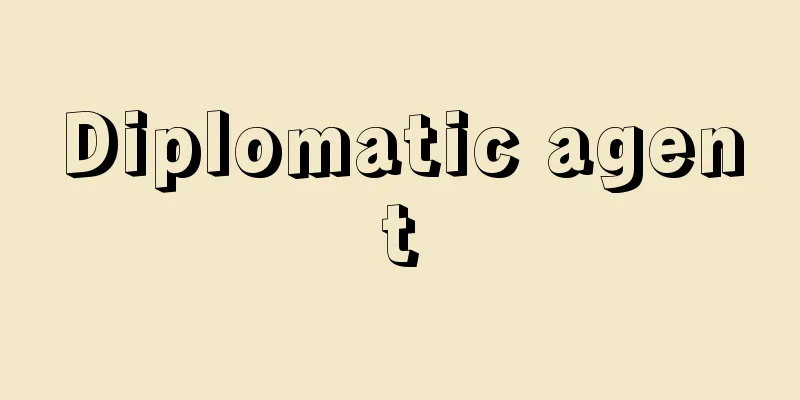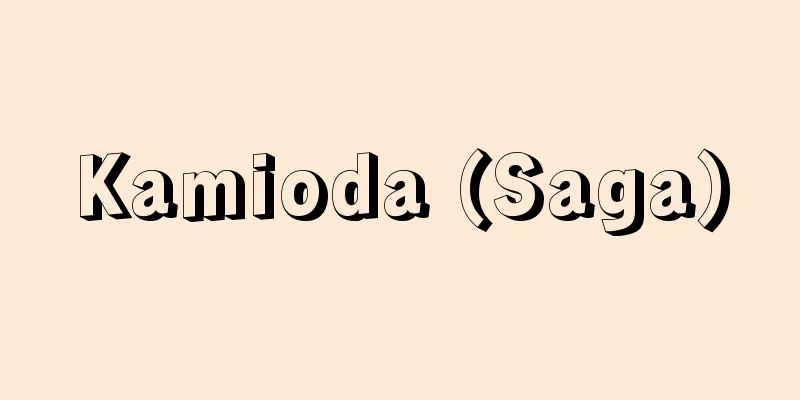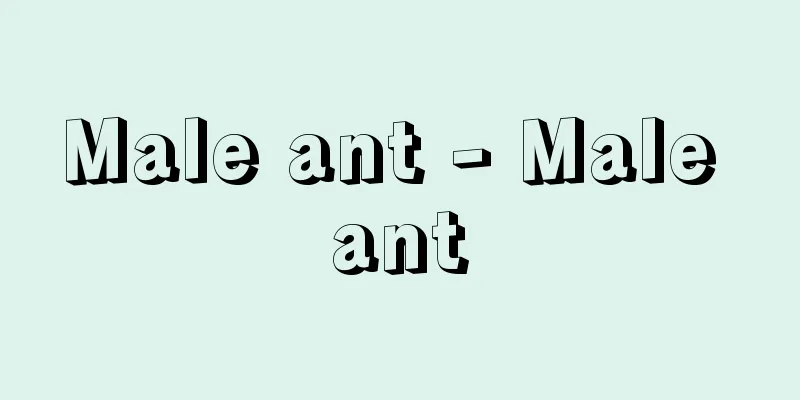Diplomatic agent

|
The term refers to diplomatic envoys (heads of diplomatic missions) such as ambassadors and ministers and their main attendants. According to the Vienna Convention on Diplomatic Relations (adopted in 1961, effective in 1964), diplomatic officials are those who work with diplomatic envoys and are engaged in diplomatic affairs. Although the titles are not the same in different countries, in Japan they are counselors, first, second and third class secretaries, and assistant diplomats (Foreign Service Act). In addition to those who are permanently stationed in a foreign country (receiving country) representing a country as mentioned above, government representatives, plenipotentiaries, special envoys dispatched for international conferences or special missions, and their advisors and attendants are also temporarily treated as diplomats. Diplomatic officials are granted diplomatic privileges in order to carry out their duties efficiently, and their status as diplomats is guaranteed internationally. However, at the same time, diplomats must respect the laws and regulations of the receiving country in their activities, and in particular must not interfere in the domestic affairs of the receiving country. Diplomatic officials must not engage in professional or commercial activities for personal gain in the receiving country. In Japan, in order to become a diplomat, in principle, one must pass the National Civil Service Type 1 Examination and the Ministry of Foreign Affairs Professional Staff Recruitment Examination and undergo a certain period of training. [Kazuya Hirobe] [Reference] | | |Source: Shogakukan Encyclopedia Nipponica About Encyclopedia Nipponica Information | Legend |
|
大使、公使などの外交使節(外交使節団の長)とその主要な随員である外交職員をいう。「外交関係に関するウィーン条約」(1961年採択、64年発効)によれば、外交職員とは外交使節とともに外交事務に従事する者で、国によって呼称が同一というわけではないが、日本では参事官、一等・二等・三等書記官、および外交官補など(外務公務員法)である。また、以上のような国を代表して外国(接受国)に常駐する者のほか、国際会議や特別な任務のために派遣される政府代表や全権委員および特派大使とその顧問・随員なども一時的に外交官として扱われる。外交官には、その任務の能率的な遂行のために、外交特権が与えられており、外交官としての身分が国際的に保障されている。しかし同時に外交官は、その活動にあたり接受国の法令を尊重しなければならず、とくに接受国の国内問題に介入してはならない。また外交官は、接受国において個人的営利のための職業活動や商業活動をしてはならない。わが国の場合外交官になるためには、原則として、国家公務員Ⅰ種試験および外務省専門職員採用試験に合格し、一定期間の研修を受けなければならない。 [広部和也] [参照項目] | | |出典 小学館 日本大百科全書(ニッポニカ)日本大百科全書(ニッポニカ)について 情報 | 凡例 |
<<: Vienna Convention on Diplomatic Relations
Recommend
Mappo Toumyoki
Buddhist books from the Heian period Volume 1. It ...
Calcium soap based grease - Calcium soap based grease
…Here are some examples. (1) Calcium soap-based g...
"Kai Souki" - Kaisoki
...Late geographical works include Noda Shigekata...
Dzhalita
...It is a leading resort and tourist destination...
Usui Seishisha - Usui Seishisha
...Hagiwara Otokichi, Senpei, and Shigejuro of Hi...
gothicite universelle (English spelling)
...The international nature of this style gave ri...
Shimotsu [town] - Shimotsu
An old town in Kaiso District, northwest of Wakaya...
Bacninh - Bacninh (English spelling)
The capital of Bac Ninh Province (population 941,...
Stone-laying board roofing - Ishiokiitabuki
…It refers to covering a roof with wooden planks....
Imperial territory
It refers to the total of real estate and movable...
Nihonkiryaku - Nihonkiryaku
A chronological history book covering the period f...
Centrifugal pump - Uzumaki Pump
A type of turbo pump, this pump has a spiral pass...
Flagellates - Flagellates
A general term for the protozoan class, the flagel...
Muskrat - Maskuratto (English spelling) Musk rat
A member of the mammalian class, rodent order, fa...
Weasel (badger) - Weasel
Another name for the raccoon dog of the Canidae fa...





![Ashiyasu [village] - Ashiyasu](/upload/images/67cad3d75e860.webp)



